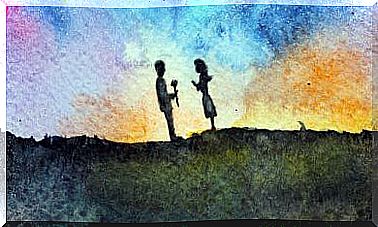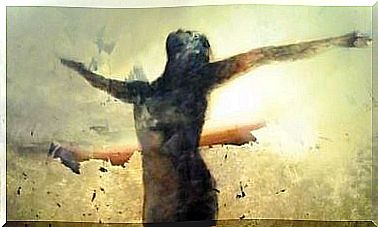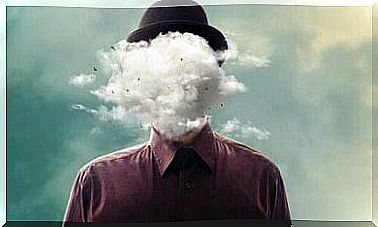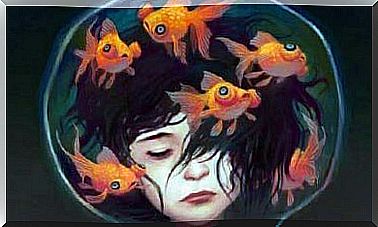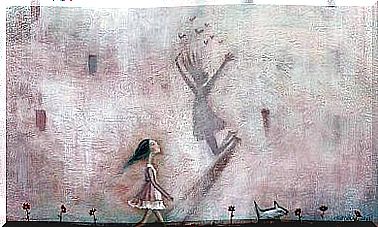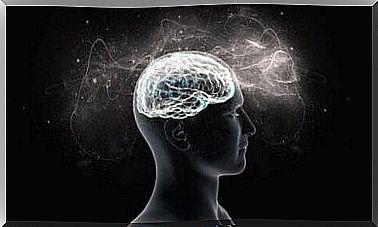Lessons For The 21st Century From Yuval Noah Harari
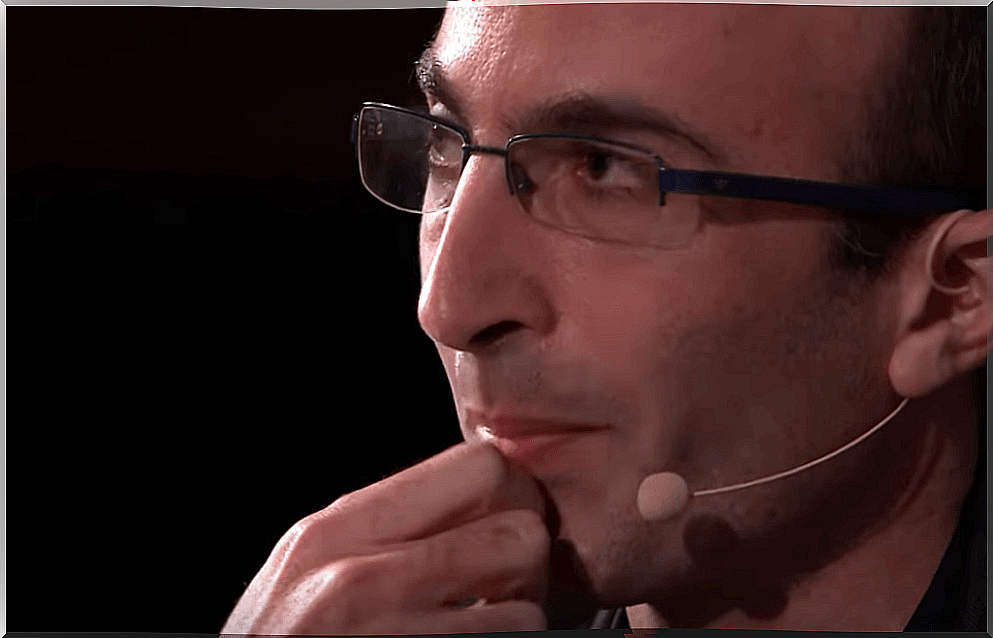
21 Lessons for the 21st Century is one of the most recent works by Professor Yuval Noah Harari, an Israeli historian and writer who became famous for books such as Sapiens: A Brief History of Humanity and Homo Deus: A Brief History of Tomorrow. His works have been translated into over 40 languages and present an innovative approach to current reality.
In 21 Lessons for the 21st Century, Harari makes a reading of the contemporary world that invites us to reflect. He basically proposes that there is currently a very harmful open censorship.
Unlike what happened in the past, information is no longer prohibited, on the contrary, it floods society. In this way, matters that have a real importance end up being hidden.
Harari also addresses very current issues such as power, the role of great empires, immigration, nationalism, etc. The 21 Lessons for the 21st Century is divided into five parts, each of which includes a group of lessons.
Let’s see what these five blocks are and what lessons they convey to us.
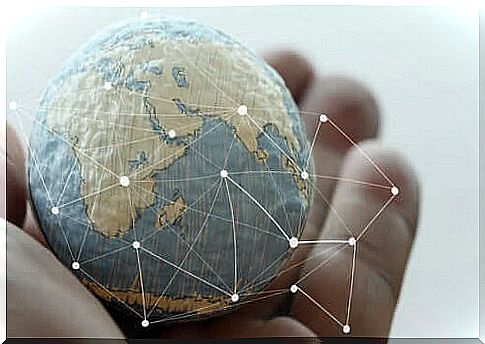
The technological challenge, one of the lessons for the 21st century
The first part of 21 Lessons for the 21st Century is dedicated to the technological challenge. In this part, Harari includes four lessons related to the current crisis of liberal values and the values implied by new technologies.
The lessons are as follows:
- Disappointment. The liberal account prevailed over that of fascism and communism. Freedom and the struggle for it gradually lost their value. Now there is greater skepticism.
- Work. Artificial intelligence is displacing human beings, and in the future many current professions and trades will disappear. A “useless class” will emerge: people who do not know how to produce in this new context.
- Freedom. Macrodata is constantly watching us, and we unwittingly transfer to them the power to make decisions for us. The doors of a digital dictatorship open.
- Equality. Whoever owns the data also owns the future. Power is in the hands of the big technological corporations, which will be able to manage the world as they wish in the future.
the political challenge
The second block of themes of 21 Lessons for the 21st Century is about political challenge. It is divided into the following aspects:
- Community. Despite human beings having bodies, virtual communities are increasingly spread out.
- Civilization. Currently, most of the world constitutes the same civilization. The differences are becoming more and more diluted.
- Nationalism. Most of today’s problems are of global, not national, origin.
- Religion. Religions continue to play an important role as binders of shared fictions.
- Immigration. Immigration is successful whenever the immigrant leaves his culture of origin. We are moving from racism to “bodybuilding”.
despair and hope
In this section, Harari points out that humanity can stay afloat if it can stay calm and avoid irrational fears. To do this, he explains that it is necessary to consolidate secular values, due to their rational power.
The lessons, in this case, are:
- Terrorism. Terrorism is overstated. We shouldn’t be scared.
- War. War is gaining ground, and we must never underestimate human stupidity.
- Humility. Every person and every culture must understand that it is not the center of the world.
- God. Being a believer is not synonymous with being ethical.
- Secularism. Those who accept their ignorance are more trustworthy than those who claim to be the bearers of the truth.
The truth
In this section, Harari talks about the importance of fighting prejudice and finding reliable sources to define our own criteria. This block includes four lessons:
- Ignorance. You know less than the flood of information makes you believe you do.
- Justice. Justice is not in abstract values, but in a reasonable assessment of the causes and effects that decisions and behaviors have.
- Post-Truth. Truth and power only go together for a while. Sooner or later power will have to build fictions.
- Science fiction. The book Brave New World is the most prophetic of all that have been written.
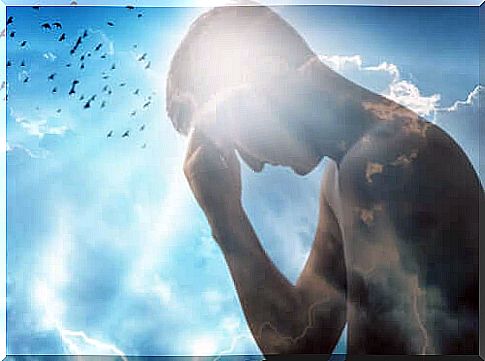
Resilience, the last section of 21 Lessons for the 21st Century
The last section of 21 Lessons for the 21st Century talks about the importance of recognizing that traditional accounts no longer explain the world, but at the same time, no new accounts have emerged with a sufficient capacity to explain it.
Faced with this theme, there are three lessons that we must take into account.
- Education. The aim of education is no longer to obtain information, but to develop the ability to make sense of it.
- Meaning. Life is not a story, and it is important to learn to distinguish fiction and reality.
- Meditation. The possibility to choose still exists, but it will probably be lost. Let’s observe.
The lessons for the 21st century, as we can see, arouse reflections for which there are no closed answers. They refer to inflection points in today’s world that are worth thinking about.

